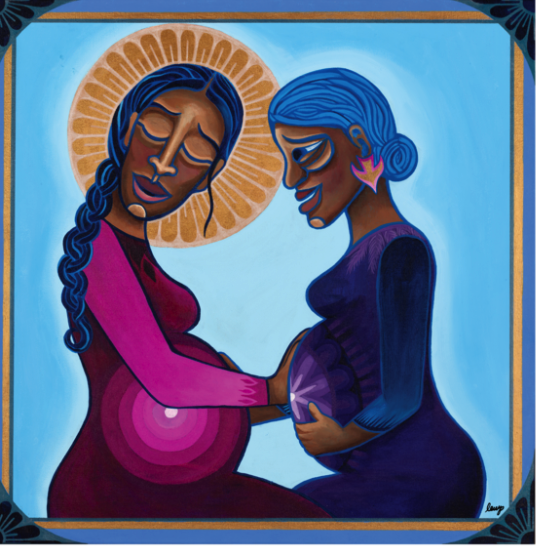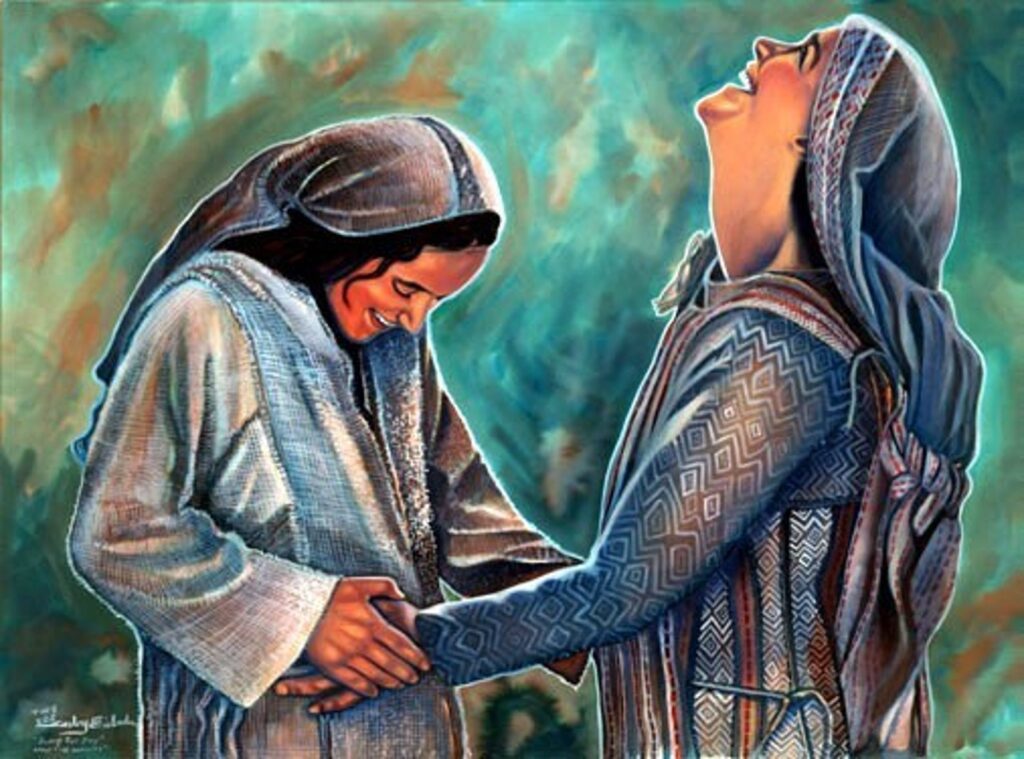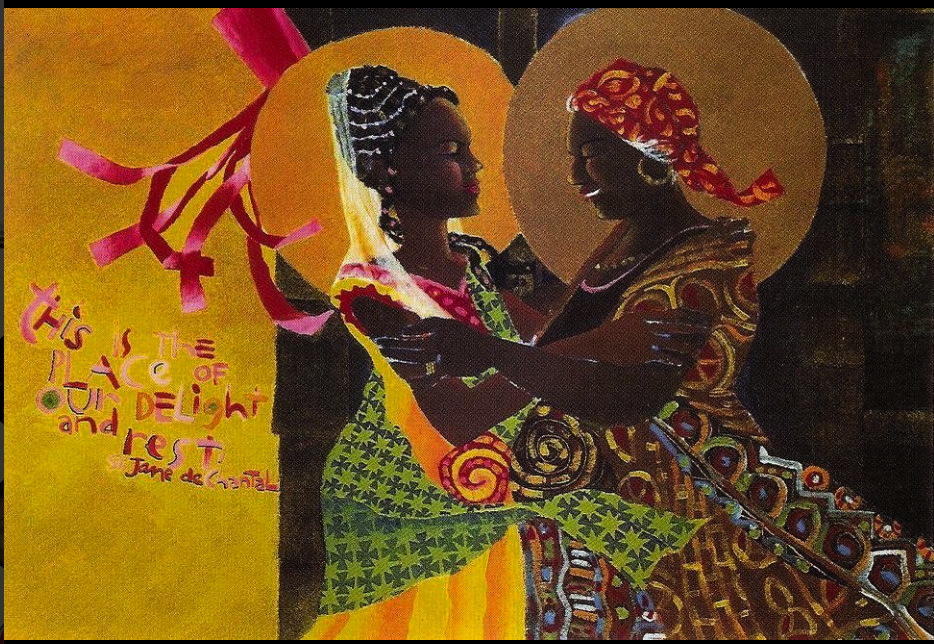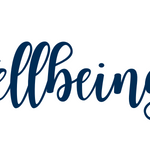
Welcome to #ccdaAdvent.
CCDA invites you to consider what the hope of Advent meant for the women who were a pivotal part of Jesus’s birth. Join us in a communal reflection on the very real ways Jesus’s birth and incarnation required an unexplainable hope during a season of waiting and darkness.
Each devotional will include a reflection, breath prayer, art, and worship. We pray that the reflections and prayers within these Advent devotionals bring renewed inspiration, anticipation, and hope in the Kingdom of God that has come and is to come. Amen.

“After those days his wife Elizabeth conceived, and for five months she remained in seclusion. She said, “This is what the Lord has done for me when he looked favorably on me and took away the disgrace I have endured among my people”
“On the eighth day…they were going to name him Zechariah after his father. But his mother said, “No; he is to be called John.”
~Luke 1:24-25, 59-60
Devotional written by: Dr. Sunny Sue Chang Jonas, CCDA Writing Team
The only Photoshop project I’ve ever done involved a painting of Mary and Elizabeth, hands on each others’ pregnant bellies, and faces full of wonder, joy and anticipation. I cropped in pictures of mine and my sister’s heads-and as we waited for the overlapping coming of our firstborns-we waited on the coming of our identity shifts and transition to motherhood. Mary, of course, is often the highlight of the Advent stories; her song, her obedience, and her love for God, Joseph, and Jesus, contain mysteries and marvels worthy of learning and discipleship. But, I’d like to take some time to reflect on Elizabeth. I learned much from her, as I reflected on my own defaults to transition and waiting. I personally am someone who does not do transition well and I wrestle with the fact that things take longer than I’d like them to, and way longer than I am comfortable with. Even more, I recognize my own liminal space of being both an earthly dweller and heavenly citizen.
Elizabeth, whose name means “God is my oath”- had to wait. Because Old Testament Law stated that obedience to God would bring about fertility/children (Deuteronomy 7:12-14), Elizabeth (and Zechariah)’s barrenness was a sign of divine disfavor. Shame and disgrace fell largely on the woman, because childbearing was considered the primary function and work of women in Biblical times.
Zechariah was unable to speak for Elizabeth’s entire pregnancy, even up to eight days after their baby was born. It is Elizabeth, not Zechariah who announces that the baby’s name is John (Luke 1:60). Zechariah confirms by writing the name down on a tablet, and then regains his ability to speak. This detail, recounted in Forbes and Harrower’s Raised from Obscurity: A Narratival and Theological Study of the Characterization of Women in Luke-Acts (2015), highlights the divine limitations put on Zechariah and juxtaposed uplifting of Elizabeth’s voice and naming of their child.
I’d like to mention one last facet of Elizabeth’s story-the most obvious and traditionally highlighted feature: Elizabeth was 88 years old. She was past “normal” child-bearing age. I love hearing this from the pulpit, or reading it in devotionals because it is a wonderfully understated premise for what is an annual reminder of God’s sovereignty.
He, through Elizabeth, reminds us of his ability to stretch and lengthen our timelines and norms for how things should go. He brings us into the liminal space of the “now and not yet,” of pregnancy, of waiting, of transition…beyond what modern medicine, common sense, best practices, and the world determines is normal and good.
In this Advent season, as we wait on Light and Life, as the double pandemic of COVID and social unrest continues longer than we feel able to endure, and as personal, societal and Church trials seem to never cease, Elizabeth’s story and life can help carry us through. We see God’s favor and love overcome the world’s disfavor, uplift suppressed voices and arrive at the perfect time. We wait on him as we are pregnant with hopes, dreams, life, and struggle and he sees us as we wait. Let God’s Love that raised Elizabeth up from obscurity-alongside and through the person of Jesus-be the Light and Life and Love that carries us and our neighbors this Advent season.
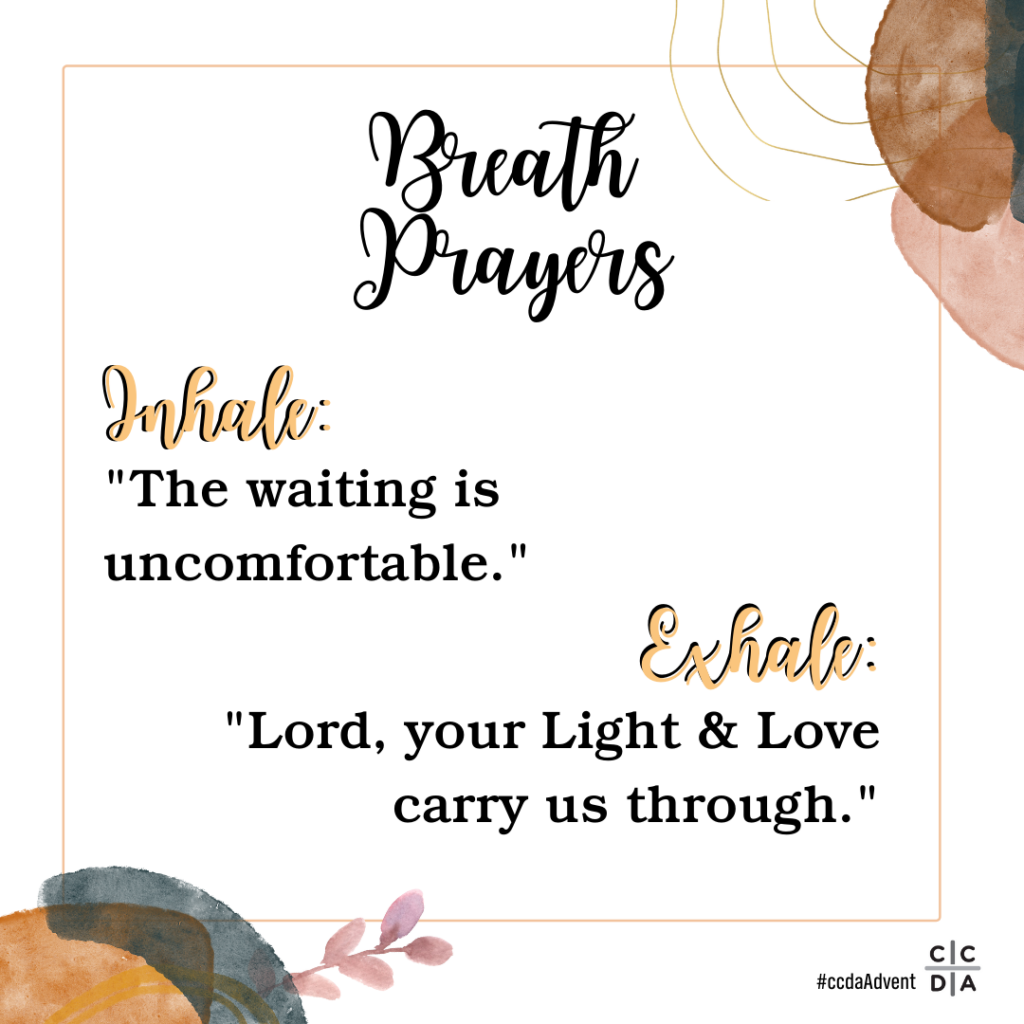

How do we help our organizations in times of waiting? Go deeper with our workshop here: Building Spiritual Formation Cultures in Urban Organizations

